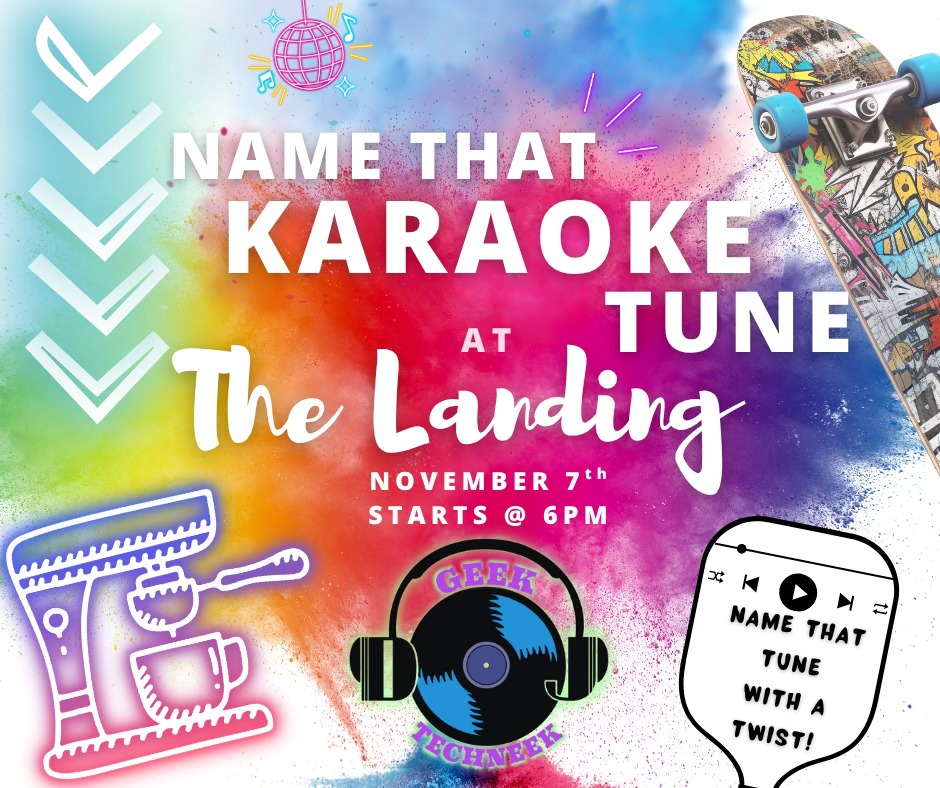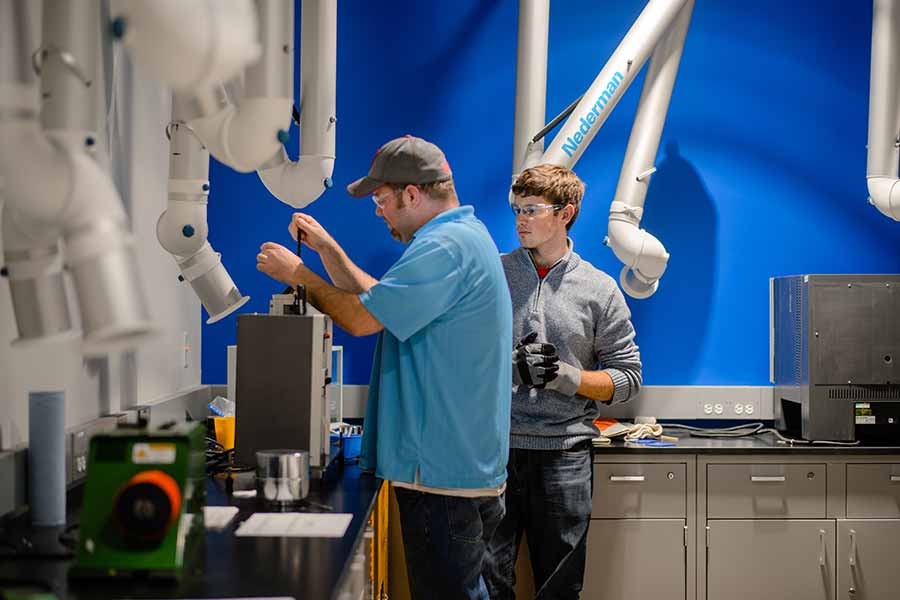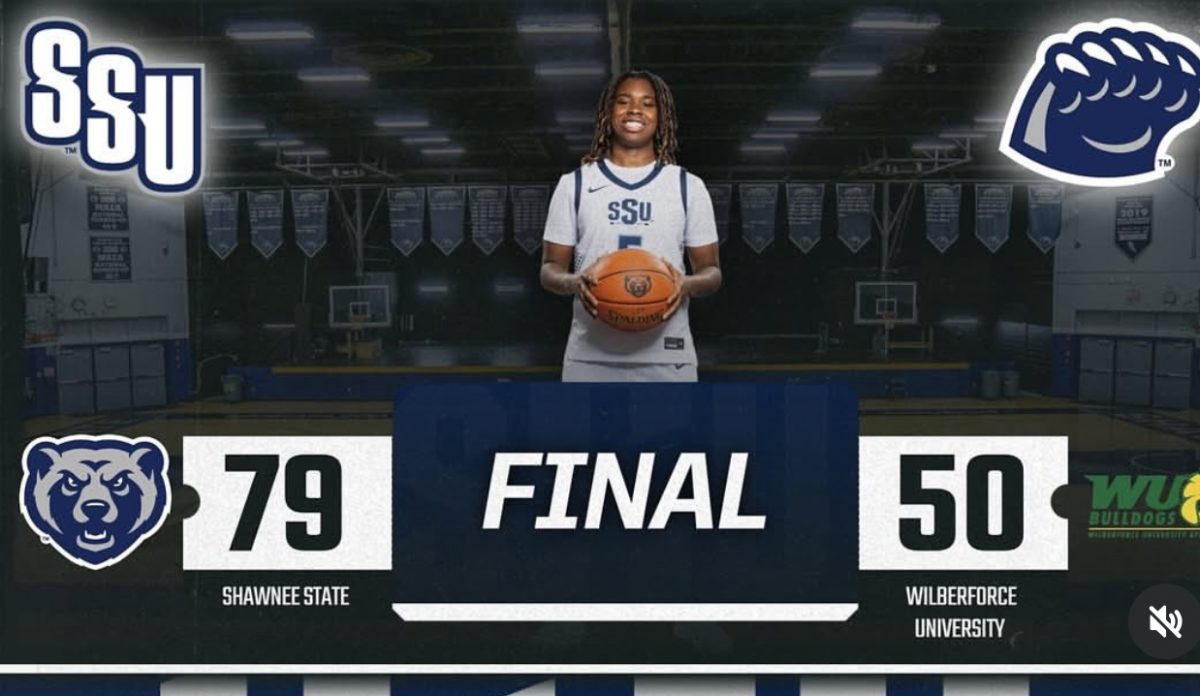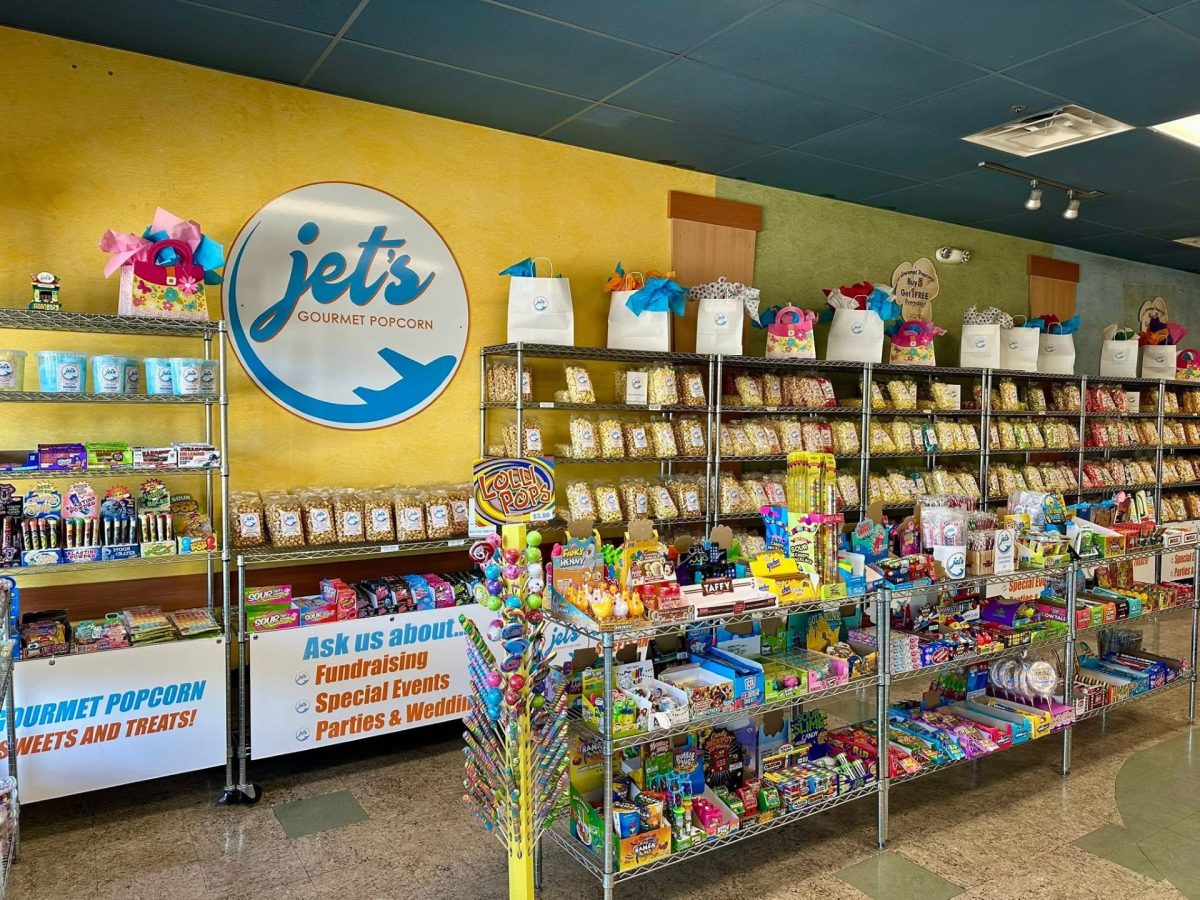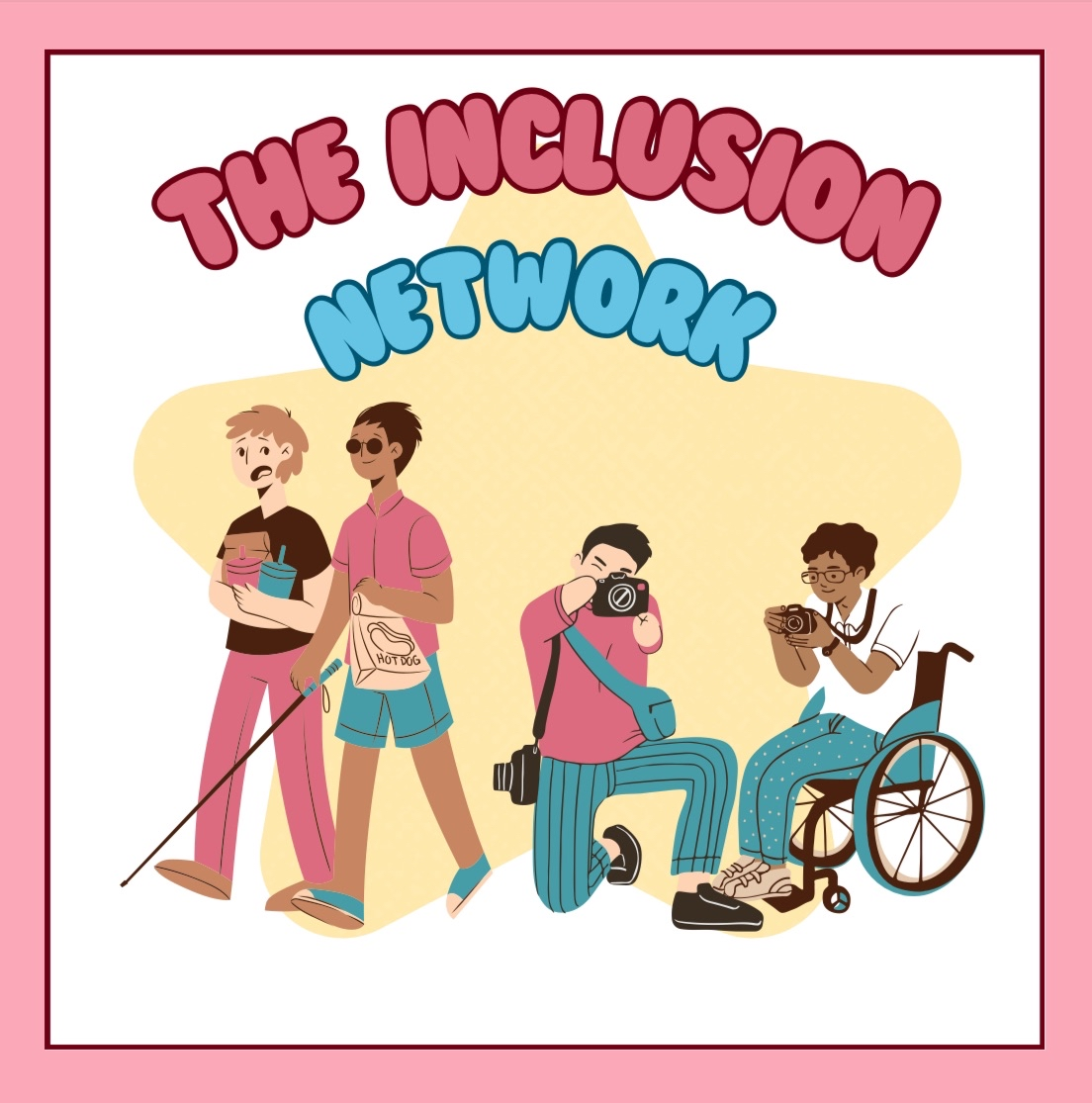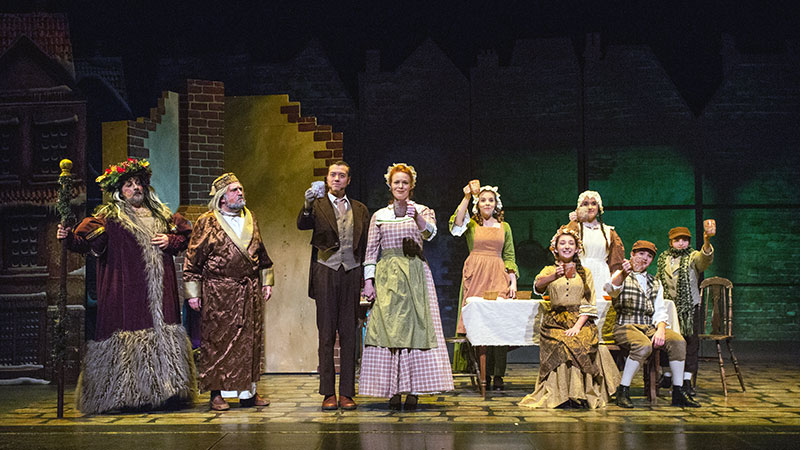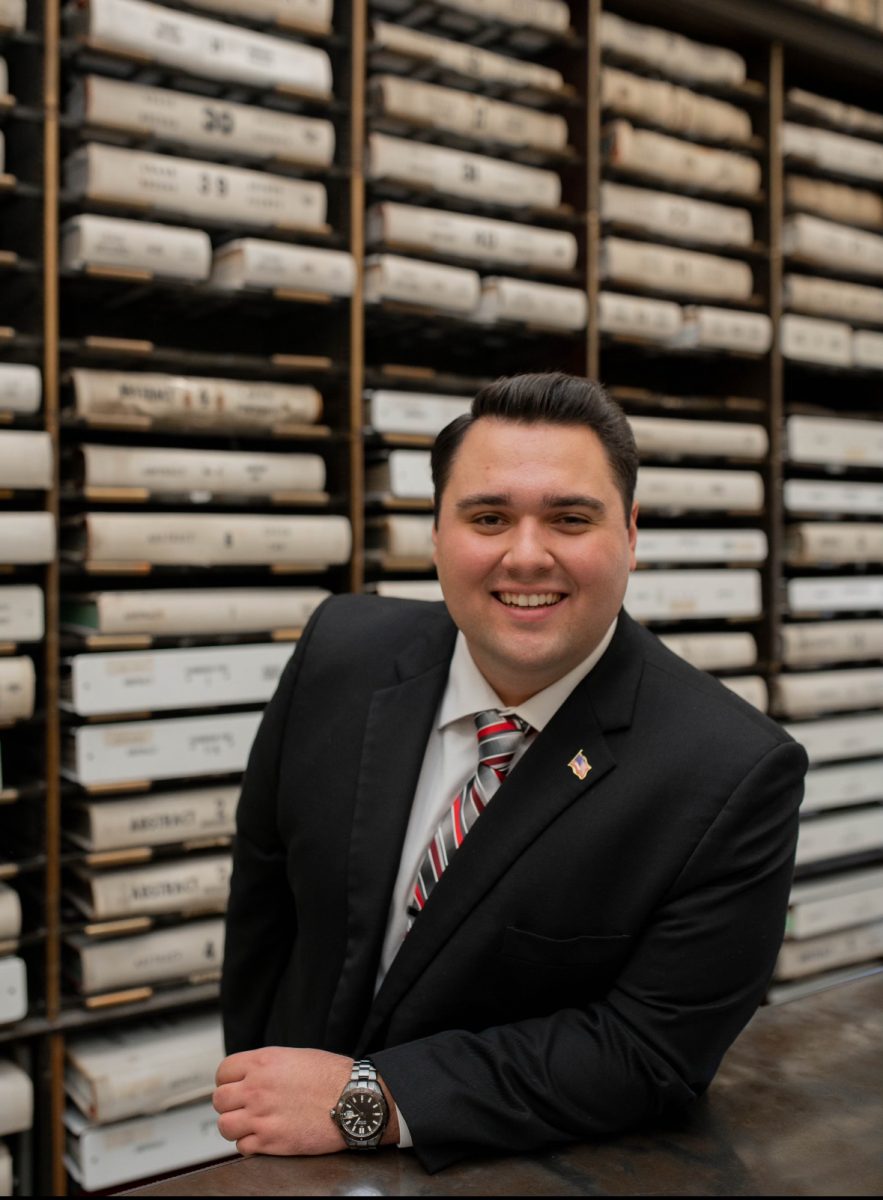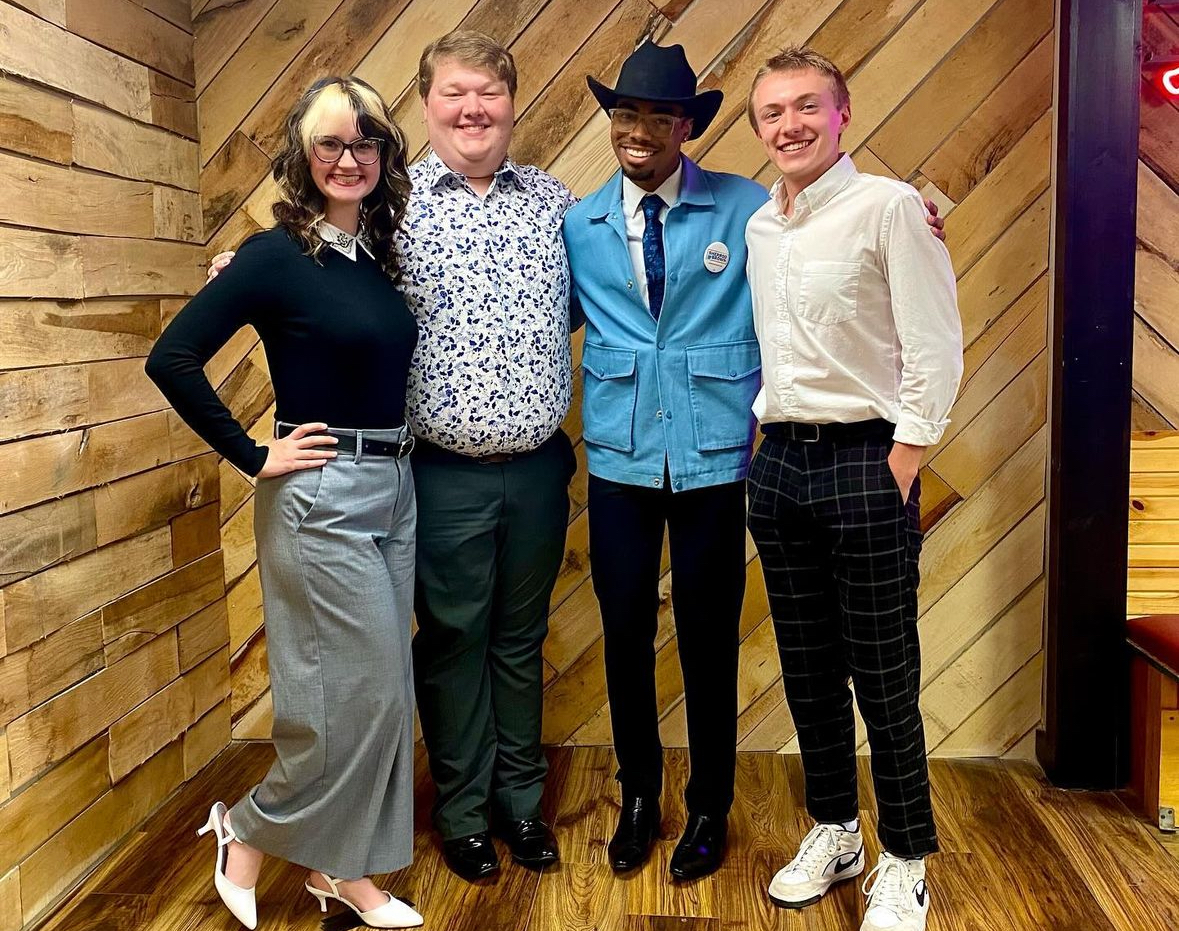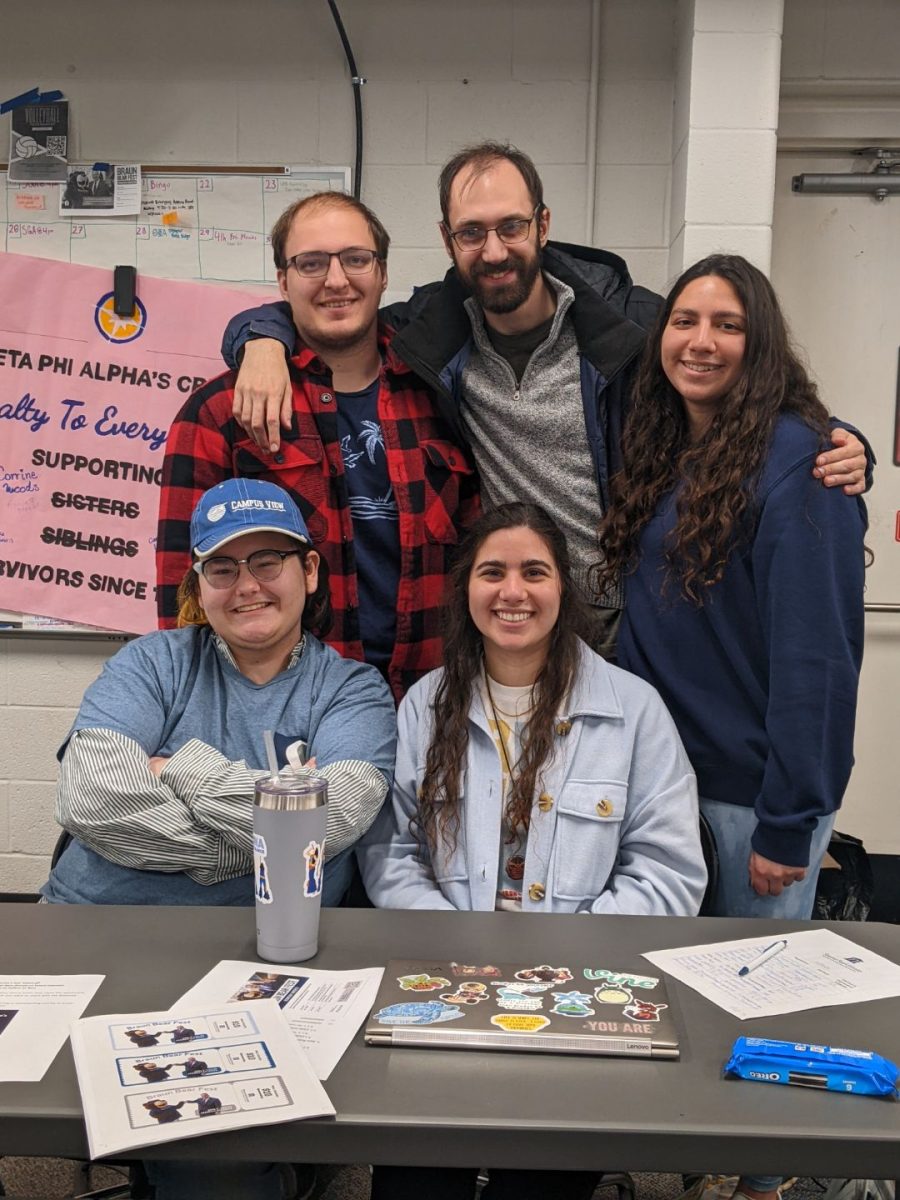As Election Day continues to make waves in its aftermath, the subject of politics has become an inescapable topic of conversation for many Americans. Whether amongst friends, colleagues, family, acquaintances and everything in-between, a discussion in today’s political climate can feel a bit like walking on eggshells. When was the last time you dared to discuss politics?
Studies show an increase in hesitance to share political opinions across varying demographics, proving that it’s not just affecting one group of people but most who have been surveyed. Democrats and Republicans alike are less likely to share their opinions with another person with whom they might disagree.
According to the Pew Research Center’s study conducted in 2021, 58% of Republican and Republican-leaning Independents find that talking politics with someone they disagree with is stressful. That’s up 11 percentage points from 2019.
In the same study, 60% of Democrats and Democrat-leaning Independents seemed to agree, with an increase of 7% from 2019.
The majority of our two predominant parties agree that they find it difficult and stressful to share opinions in today’s political climate, but why is that?
A group of six local residents of varying political alignment agreed to speak about their experiences in political discourse.
“(Discussing politics) is challenging in that it’s difficult to find a way to be fair to someone else’s opinion when the details are so important,” John Bays said. “Primarily because I feel like there are literally lives at stake.”
Bays said that although he feels the political climate is more difficult to navigate than ever, he still tries to be loud with his own opinions because “someone needs to speak up or things are never going to get better. We have to keep a space for those difficult conversations.”
Taylor Britt said that she, too, believes that politics are a more challenging subject to discuss than ever before, but she is typically “not at all” hesitant to share her own opinions.
“I feel I’m completely open to having a conversation with anyone who is willing to be civil,” she said, while adding that she might be more hesitant to engage when a person begins to use alienating terms like “snowflake.”
The remaining four participants were engaged in a group conversation regarding the difficulty of political discourse. The four of them all requested to remain anonymous, given that the subject can be seen as a problematic one with other social circles. The fact that they wanted to stay anonymous for this article speaks volumes, in and of itself, about the challenges presented by politics.
They seemed to agree that their hesitance to engage in political discourse is rooted in the fact that “people are not as informed as they should be” and “can’t even have a debate.” They attribute this largely to misinformation on the internet and said they would be more willing to engage in politically charged conversation if they didn’t anticipate having to combat misinformation more often than not.
“Don’t talk politics at the dinner table” is a phrase many Americans have grown up hearing from their predecessors. It’s not necessarily a new idea, but as our nation becomes increasingly polarized, some people seem to be taking this bit of old sage advice more seriously than ever before.
Matt Grossman, director of Michigan State University’s Institute for Public Policy and Social Research and professor in the Department of Political Science, said in an article published by MSU Today that politics have become about everything “from consumer choices to family lifestyles, making each decision a guide to politics and no institution credibly independent.”
As politics become an identifiable aspect of every facet to our lives, it’s no wonder politically involved citizens hold their opinions so close to their chest.
“There is no easy way out of our increasingly polarized politics,” Grossman said, adding that “the U.S. has the strictest two-party system in the world. … With only two sides, it is hard for any social institution to stay above the fray.”
Braver Angels is a volunteer-led organization that seeks to bridge the gap between our political parties and make conversation not only possible but comfortable. Per their website, “we’re bringing together ‘We the People’ to find a hopeful alternative to toxic politics.”
They suggest that “as we separate into groups that increasingly do not even know, or interact with, people of differing opinions, we lose trust in our institutions, eroding the ability to govern ourselves and lowering the caliber of citizenship.”
The Pew Research Center conducted a study this year to establish the number of Americans who “trust the government to do what is right.” In 1958, nearly three-quarters of surveyed Americans had trust in the government. Since 2007, that number has not been any higher than 30%.
NPR reported that one in four Americans have ended a friendship over a political disagreement, and “many voters have few or no friends on the other side of the political spectrum,” suggesting that polarization is, indeed, stronger than ever.
Studies show that this polarization can lead to such strong feelings of isolation and loneliness that it can affect physical health, as people feel more and more disconnected from the average voter in their state.



